Let’s Send the Church to People with Disabilities
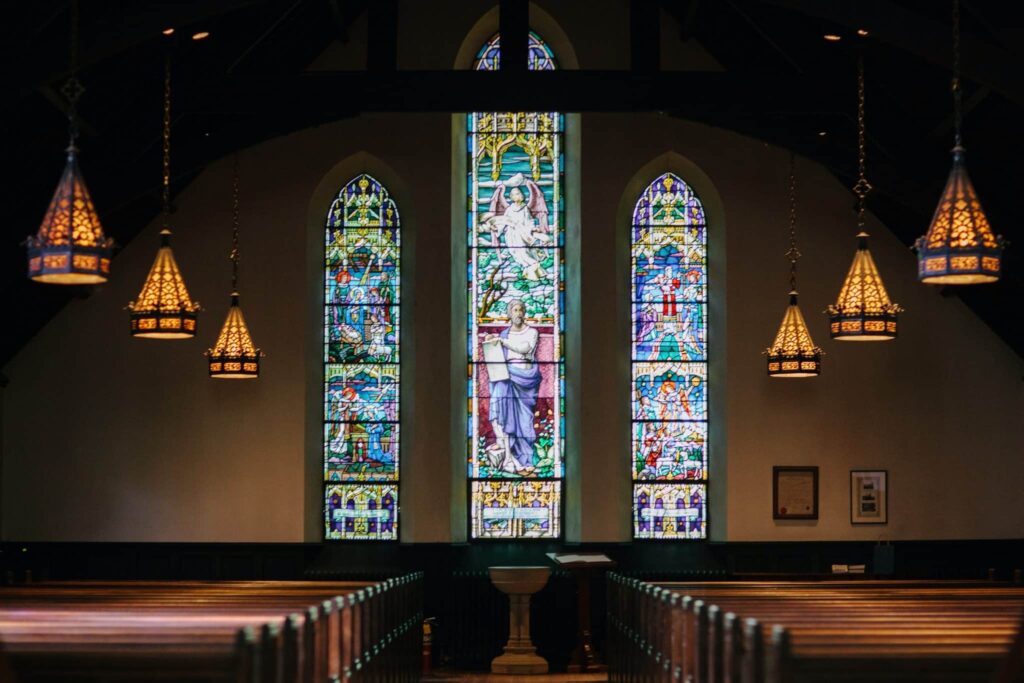
Who can’t go to church?
Although many people with disabilities actively participate in their local churches, others cannot.
But disability care workers can take the church to people with disabling conditions. Through personal contact in their work, they can be the church mobilized to serve people with disabling conditions by administering spiritual care along with physical care. After all, they are called and gifted Christ-followers who want to serve him through their work.
What do people with impairments need? Those who cannot leave their homes or health care residences miss the fellowship, community worship, and body life that comes with attending church. But critically, they miss others helping them grow spiritually. They need spiritual care. We must take the church—the body of Christ with all its spiritual engagement and blessings—to people with disabilities who cannot come to church. What does it mean to take the church to a person with a disabling condition?
Care like Jesus.
Jesus said, “I was sick and you looked after me, I was in prison and you came to visit me.”
Matthew 25:36

Our Savior speaks about people who could not go to the gathered assembly of a synagogue or a church. Jesus makes the point that if you go to people who are ill or in prison, and minister to them with your presence and spiritual nurture, you do so for him.
That is because the primary goal of mission is spiritual maturity.
Paul worships, evangelizes, and disciples in prison (Acts 16:25-34). These engagements are not just social activities; they intend spiritual growth. They do not just cheer people up but minister comfort, peace, and encouragement in time of great need. When Scripture talks about encouragement it usually means spiritual guidance, not just a pep talk. It is being present and speaking truth.
Spiritual care administered through vocational care is mission.
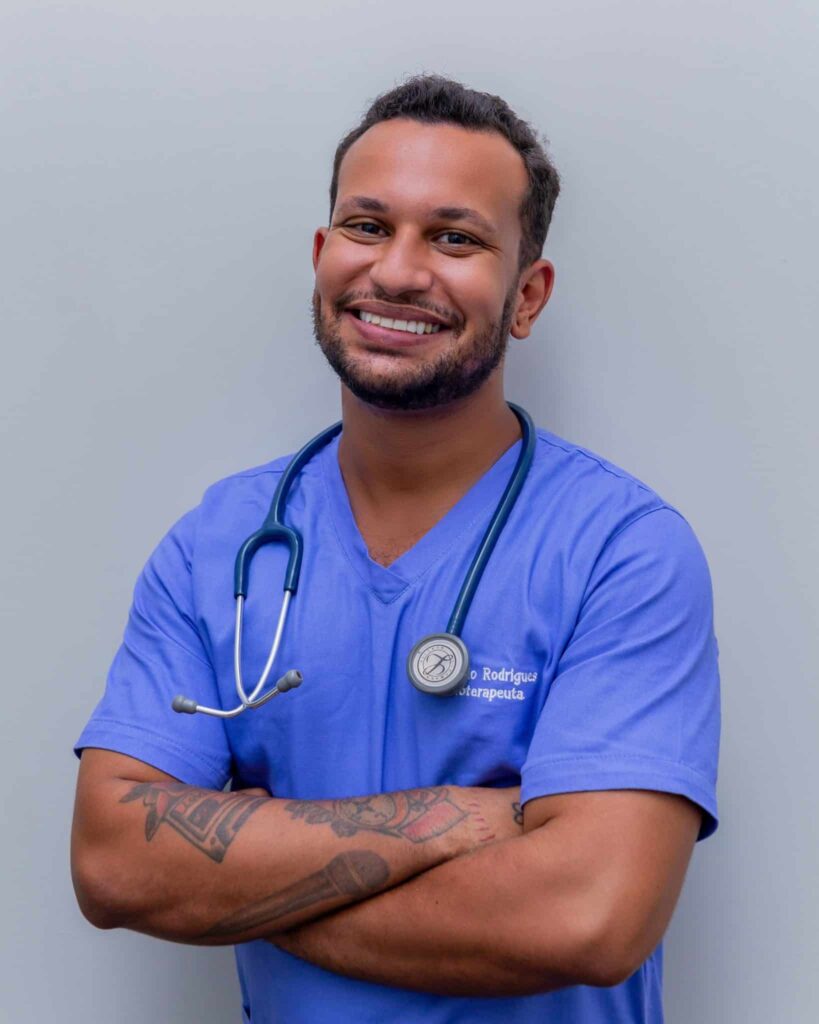
God calls care workers.
Many people who work one-on-one with people with disabilities chose their vocation as a calling. Health care workers, child development and education specialists, and disability service professionals focus their attention on administering physical and mental care.
The close relationships afforded them through personal engagement provide opportunities to administer spiritual care, even spiritual formation.
Not only do many disability professionals believe God led them to their work, their faith and spiritual values motivate them daily to serve faithfully in those roles.
God gives them success in their labors every day at work. How many serve people with disabilities globally? United, they are a workforce spanning the globe. But not only are they millions-strong, they also are highly committed. After all it is their mission.
How does spiritual care work?
Christian disability care professionals comfort, encourage, and counsel people with disabling conditions on spiritual life issues while administering care. For example, nurses, therapists, and doctors pray with patients before surgery; educators advise students and their parents to draw upon the best spiritual motives to work hard in academic programs; and disability service professionals encourage those they serve not to neglect spiritual interests as they help people with disabling conditions design their lives through person-centered planning.
In a conversation between a caregiver and one cared for, sharing just one Bible verse can change the way that a person with a disability feels about challenges they face.
For example, hearing for the first time or just being reminded that they are ‘fearfully and wonderfully made’ (Psalm 139:14) can bring great comfort and encouragement.
Knowing that God is not punishing them by letting them experience disability is soul-healing.
Spiritual counseling is specifically important for those suffering from isolation or discouragement with lack of progress in rehabilitation and chronic pain. Such conditions are often as damaging than the physical challenges and pain associated with disability. How do we know that God uses spiritual care in healthcare, education, or disability service care?
Is spiritual care new?
From the church’s inception, Christians have applied their calling and giftedness, their calling, to meet spiritual needs during care for others.

The church has played a critical role in starting hospitals, schools, and disability services as part of its mission. Not surprising, many of these agencies have been staffed by church members who saw their role as ministering spiritual care as well as physical help.
Today in many places these institutions are commonly funded by tax dollars and administered by government agencies. But there is still space provided for spiritual care as mission. History and current expedience call us back to a blend of care. It is hard to imagine a greater and more consistent source of spiritual nurture and disability care than unleashing the workforce of Christian disability professionals. But it gets better.
Disability care on mission.
How does spiritual care work? First, vocational workers enjoy direct and ongoing contact with people with impairments. Pastors and other local church workers may not be able to spend sustained periods of time getting to know people with disabilities and their families. Consequently, church leaders do not easily find opportunities to speak truth and comfort into their lives due to lack of proximity, although many try. Some succeed.
But second, our institutional buildings are embedded in the community. Hospitals, schools, and disability service centers are not only near where people with disabilities reside, they also are designed and regulated to focus on accommodating people with disabling conditions. One could argue that churches should be as well. Many are.
But churches may not be accessible to people with disabilities, for accessibility is more than ramps and widened doorways.
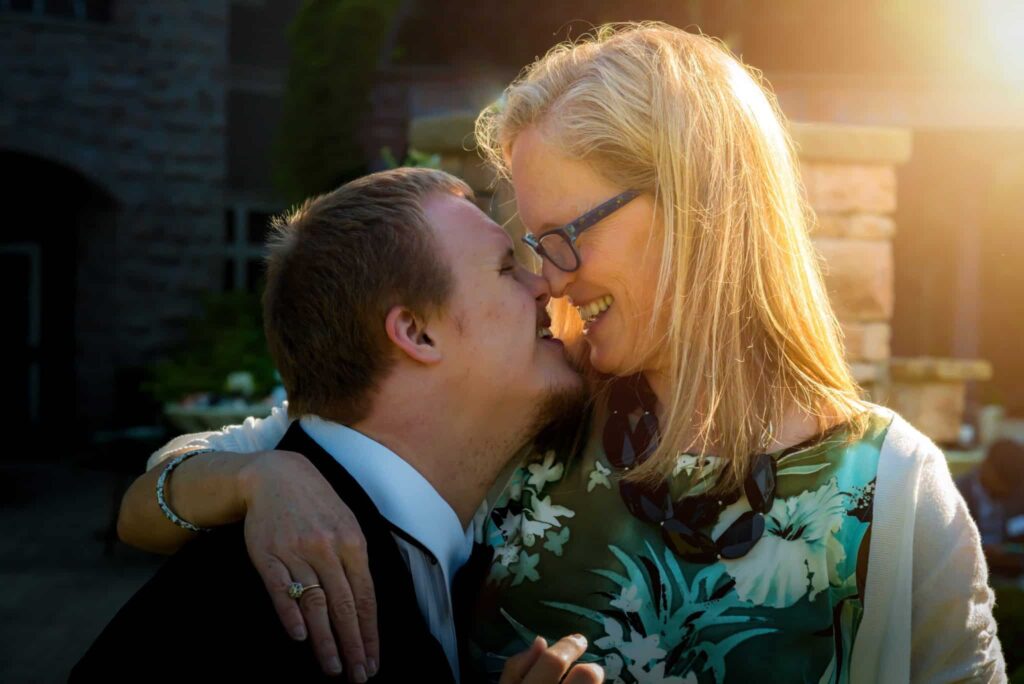
It includes when services are offered, how they are conducted, and basically how easily a person with an impairment can participate, if at all. That is another reason why those serving in disability vocations have significant advantages in mission. Also, they are often fully funded by government agencies.
At home or abroad.
Disability vocation complements those doing traditional missions. Local churches send out health care workers, child development specialists, and disability service workers to other countries to take part in traditional mission as they have for centuries. The work continues.
But like traditional mission, we must encourage vocational disability professionals to play an even greater role in spiritual care at home and in our own neighborhoods as outreach of our churches. People with disabilities whom they serve through care can grow spiritually while they receive encouragement to find their own giftedness and calling. What joy they experience when they discover that they may be differently abled but they too can participate fully as members in the body of Christ! These efforts will ensure in them a sense of belonging and reduce their feelings of isolation.
What do disability care workers need?
The groundwork for vocational disability mission has been laid. Many disability professionals who are called, gifted, trained, and placed are active in the lives of persons with disabilities. But they need pastors and other church leaders to encourage, inspire, and resource this large and impactful global task force. They will seize spiritual care opportunities that we sometimes call ‘mission moments’, during their daily engagement with people with disabling conditions.
This will take very little effort or expense while the outcome could be significant. But first, the church must acknowledge and support their role as mission. This is a workplace ministry that offers extraordinary opportunities for spiritual care, opportunities that may not come any other way. We must take the church to people with disabilities.
Looking ahead.
We hope to recover the ground of spiritual impact lost as the church has relinquished its work of care to government agencies for which we are very grateful. With deep respect for the work of non-Christian colleagues in care, we wish to add spiritual care. We invite local churches globally to include people with disabilities remembering those who cannot gather in local churches.
As one response, we encourage young people in training to consider disability care roles as opportunities to serve God in their care for others.
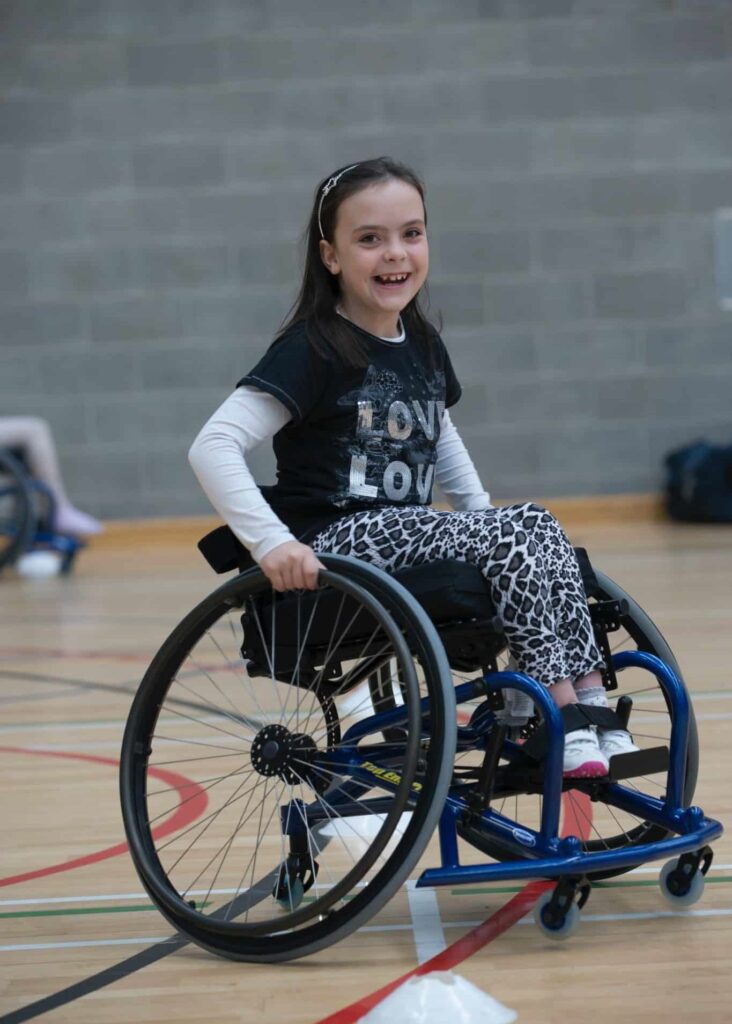
We need many more of them for the number of people with disabling conditions is increasing exponentially daily. For example, there is roughly a 50% chance for those aged 80 or older to develop some form of disability and will find it difficult or impossible to participate in church. Young Christians, is God calling you to serve this group with physical and spiritual care?
What hinders us?
Vocation is a platform for high-impact mission to people with disabling conditions. It is hard to imagine a greater opportunity for mission, one that is only partially being realized. What is more, many people with disabilities can serve in vocations where their lived experience with disability can bring empathy, support, and spiritual care.
What prevents the global church from engaging people with disabilities as spiritual care along with professional care? Disability vocational mission is biblically sound and sustainably effective. All that remains is to encourage, resource, and support disability vocational care workers through prayer, awareness, and resources.
The global workforce is heavily populated with disability service professionals of all sorts.
Those who follow Christ have a unique venue for service. May the mission continue and increase so that people with disabilities who cannot attend church can still experience the church’s spiritual life, resources, and blessings as disability vocational care workers take the church to them.
Written By—Dave Deuel, PhD
Dave Deuel is married with four adult children, one daughter has Down syndrome. He also has a sister-in-law who has an intellectual disability. He is Academic Dean Emeritus for the Master’s Academy International, Senior Research Fellow Emeritus and Strategic Alliance SME for the Joni Eareckson Tada Disability Research Center, and Catalyst for the Disability Concerns Issue Network, the Lausanne Movement.
He served as Old Testament professor and department chairman at the Master’s Seminary for 10 years and in pastoral roles of local churches, five of which were church plants. He is currently elder for pulpit and interim pastor for area local churches in upstate New York
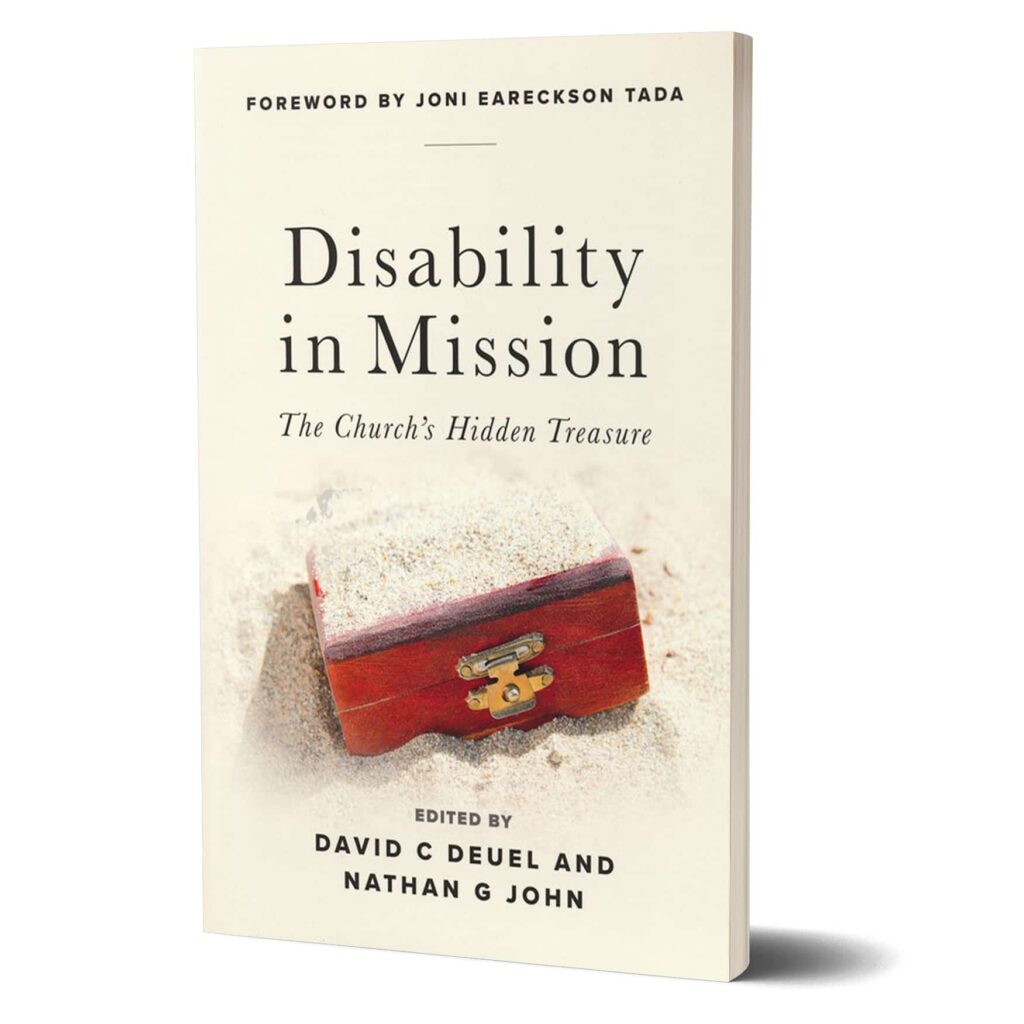
Disability in Mission
Disability in Mission: The Church’s Hidden Treasure outlines a radical change in approaches to missiology, missions, and praxis for the twenty-first-century global cultural context. It explores a pattern whereby God works powerfully in missions through disability and not in spite of it.





